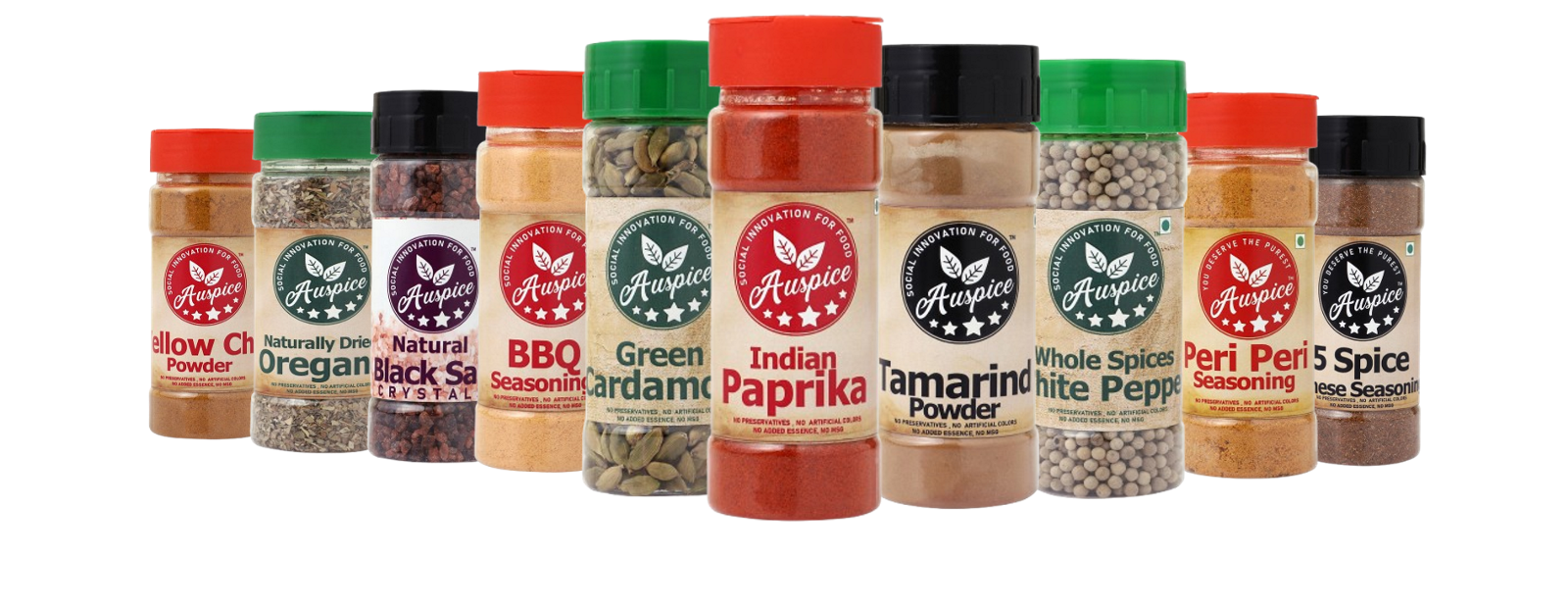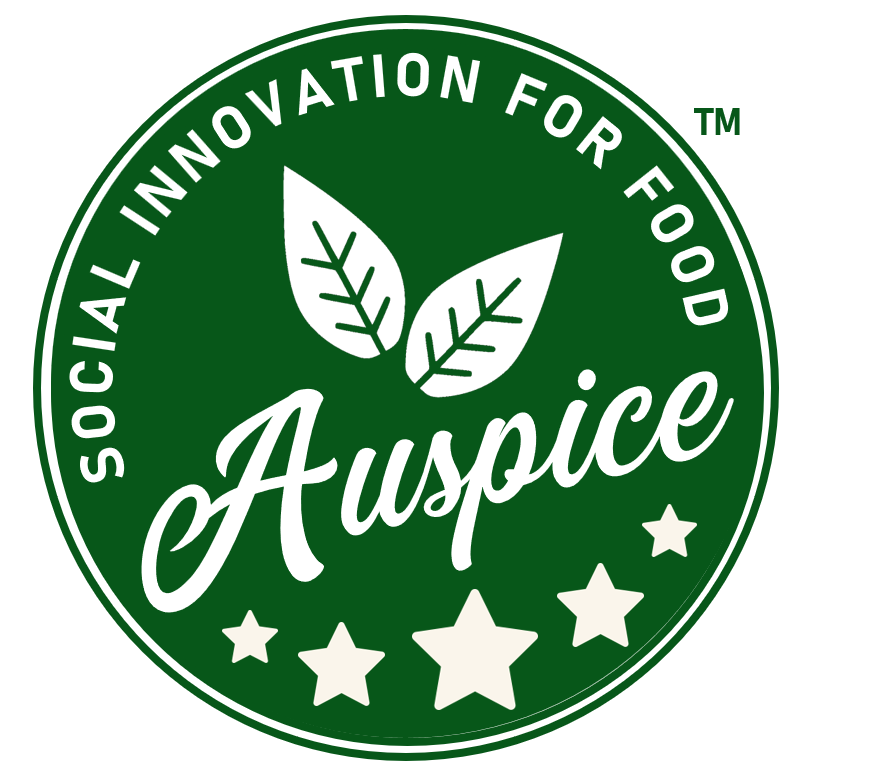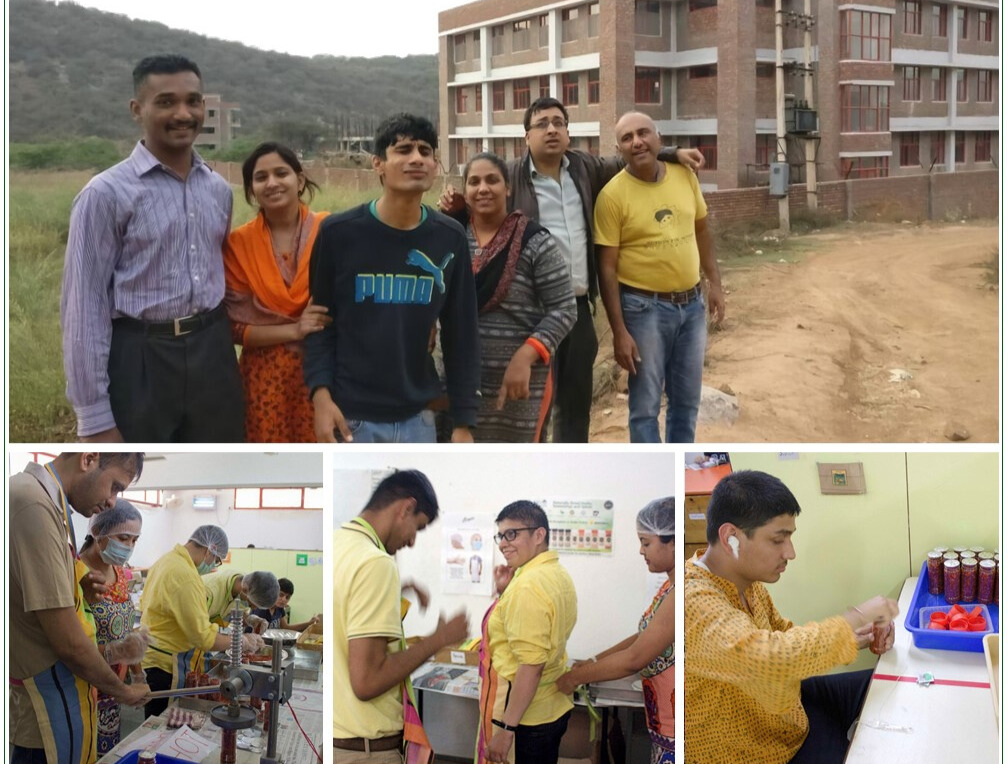With autism unemployment rates reaching 86%, Auspice has built a thriving spice business where every packet is made by an autistic employee—creating dignified jobs, shifting perceptions, and proving that inclusion and excellence can go hand in hand.
Challenge
Globally, adults with autism face some of the highest unemployment rates of any disability group—as high as 86%—despite their ability and willingness to work. In India, recognition of autism as a disability came only in 2016, and inclusive employment is still rare. Where it exists, it often takes the form of repetitive, low-engagement roles that require fixed hours, leaving out those who need flexibility or whose talents lie elsewhere. Vocational pathways rarely integrate people with autism into value-added industries or offer equitable pay.

Solution
Auspice was founded to fill this gap, by creating skilled, fairly paid jobs in a sector where their work is visible, valued, and market-driven.
Auspice is a for-profit social enterprise producing over 70 varieties of sustainably sourced, minimally processed herbs, spices, and seasonings. Every food processing role—from cleaning, sorting, and grading to blending, packaging, and labelling—is carried out exclusively by autistic employees. The enterprise provides hands-on training tailored to individual strengths, with programmes lasting from three weeks to six months, culminating in permanent employment at Auspice.
The model rejects tokenism and charity, focusing instead on professional skill-building, fair wages, and safe, structured working environments. Work assignments are personalised to align with each employee’s capabilities, ensuring both productivity and dignity. Families are welcome to visit the workplace and participate in discussions on career progression, reinforcing a culture of openness and trust.
Revenue is generated through retail sales to households, a growing market of ethical consumers, with future expansion plans into institutional buyers. By connecting social inclusion with a robust commercial offering, Auspice has created a self-sustaining business that changes perceptions of autism while building tangible economic opportunities.
Auspice is a for-profit social enterprise producing over 70 varieties of sustainably sourced, minimally processed herbs, spices, and seasonings.
Impact
Auspice is not only producing high-quality, ISO 22000-compliant spices but also redefining what inclusive employment looks like in India. In a market where autistic adults are often excluded from formal work, Auspice provides stable jobs, equitable pay, and opportunities for skill growth by aligning productivity with purpose. Its approach is innovative in multiple ways. It begins with a perception shift, recasting autistic individuals as skilled contributors in the agri-value chain. It extends to value redistribution, with Employee Stock Options offered to all autistic employees, ensuring shared ownership in the business they help build. And it is anchored in a commitment to quality, applying HACCP and ISO 22000 standards so that products meet global safety benchmarks—proof that inclusive workplaces can achieve premium standards.
By integrating autistic employees into the production process, Auspice simultaneously addresses a fundamental need for meaningful work while delivering a sustainable, socially conscious product to consumers. Each sale builds awareness of autism and fuels further job creation, generating ripple effects that strengthen not only the lives of employees but also their families and communities.
Future outlook
By the end of 2025, Alternō aims to deploy 10 commercial sand battery units across Vietnam, Mongolia, and Japan. By 2027, it plans to expand into five new countries in Asia-Pacific and MENA, achieving 50,000 tons of CO₂ reduction in hard-to-abate sectors.
In parallel, Alternō will accelerate the development of Alternō E, its electric storage system that integrates salt cells with sand-based shells. This innovation will allow the company to provide on-demand electricity—unlocking new applications for industries, data centers, and communities seeking energy resilience.
By 2030, Auspice aims to employ 1,000 autistic adults and reach one million families as regular customers, generating over $100 million in annual revenue with an EBITDA of 38%. Near-term goals include expanding to 100 employees by 2025 and 500 by 2028, while diversifying sales to institutional buyers.
The long-term vision is to inspire similar ventures globally, shifting public perceptions of autism and embedding inclusive employment into the mainstream economy. As Auspice grows, it remains committed to ensuring that every packet of spice tells a story of dignity, skill, and shared value.

Auspice is a purpose driven for-profit social enterprise. We produce over seventy varieties of naturally dried, sustainably sourced and minimally processed culinary herbs, spices and seasonings. All our products are crafted by persons with autism. We do not employ non autistic people for our food processing activities. Autistic workers at our facility are engaged in food processing activities like the cleaning, sorting, grading, grinding, blending, packaging and labeling of spices, herbs and seasonings. Auspice provides a barrier free work environment for persons with autism and their families and acts as a catalyst for change that will enable persons with autism to live as fully participating members of the community. By virtue of our inclusive business model, Auspice’s work supports the principles of equal pay for equal work and reasonable accommodation as defined by the U.N. Convention on the Rights of Persons with Disabilities. We are also working in accordance with the Sustainable Development Goals, including SDG 8 (Decent Work and Economic Growth), SDG 9 (Industry, Innovation and Infrastructure), SDG 10 (Reduced Inequalities).
Learn more about Auspice Condiments India Pvt Ltd through their website. To collaborate or connect, reach out directly to our SL25 team.
Connect














